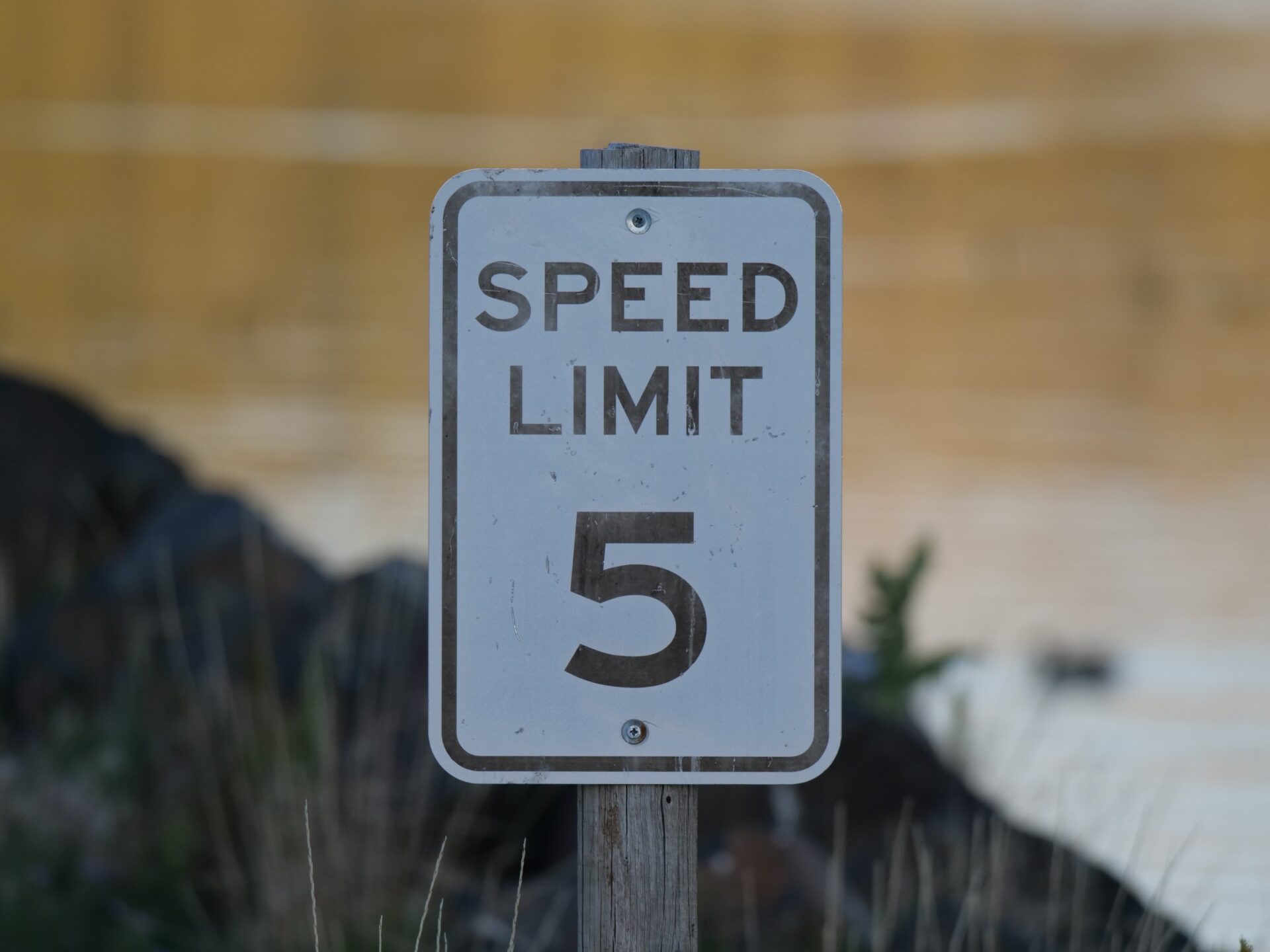Surprisingly or not, I only started to feel my own boundaries and understand that they were crossed at 27, and I set the first official conscious boundary in my life at 34. Before that, I ran away, avoided and accumulated anger, so at 27 this anger finally just exploded. But there is nothing to be surprised about considering that the very idea of personal boundaries began to spread just at the end of the last century. All these emotions, empathy and communication are still so new to us!
What are personal boundaries?
Boundaries exist for self-care. With boundaries, we get less angry because our needs are more satisfied. Boundaries make our expectations clear to others and are the foundation of healthy relationships. Personal boundaries cannot be right or wrong, they just are what they are, individual to each of us.
Personal boundaries are not about someone’s rightness. If you tell someone about them and they ignore them, it’s not about respect. Since you can’t force anyone to respect your boundaries, the only thing left is to avoid those people.
Boundaries exist for self-protection. If you know that something upsets you, angers you, triggers you, then you set a limit and announce it. People who cross it do not respect you and want to break through your self-defense and hurt you. Why do they want to hurt you?
Someone else’s boundaries can’t attack you, but you can attack someone else’s boundaries. You can’t convince someone that their boundaries are wrong, as they’re not about beliefs, they’re about feelings. A person who crosses your boundaries believes that their ego carries more value than your boundaries and your mutual relationship. Why keep such a person around? Boundaries are our filters and talismans.
It is quite easy to understand where our personal boundary lies – it is often marked by our anger. Means, in the end, some self-defense mechanism will still work in a healthy person when his boundaries are violated, but if these are not conscious boundaries, it will rather look like snapping and avoiding conflict. And conflicts are necessary for personal and relational development, they are small crises in which we progress. Awareness puts us in a good position.
How to set boundaries?
So, when we talk about conscious boundary setting, we mean open communication and standing up for personal values to protect against compromising or violating those boundaries. For this we:
- Define our values. A healthy relationship involves interdependence between two independent people. Everyone has personal values, and in a relationship we also have interdependent values, which serve as the main support of the relationship, they, unlike personal ones, can be somewhat adapted to the relationship.
- Approve the boundaries. Somewhat flexible and assertive communication regarding mutual intentions, preferences, acceptable and unacceptable within our values. No one can simply guess our limits. Saying words by mouth is the first thing I learn in a relationship.
- Respect and protect boundaries. This hardly needs any special explanation: violation of boundaries should have consequences.
Types of personal boundaries
- physical contact (uncomfortable hugging someone you just met)
- verbal interaction (don’t want to talk now)
- personal space (I don’t want guests)
Limits can also be divided into several more specific categories, like:
- emotional (protecting our emotional well-being)
- physical (protection of our physical space)
- sexual (sexual safety)
- intellectual (the right to own ideas and beliefs)
- workplace (protecting our ability to do our jobs without interference or drama)
- material (protection of our personal belongings)
- time (protecting the use and misuse of our time)
Boundaries can also exist in different situations, including at work, at home, when visiting family, when with friends, – they can be different depending on the environment.
Formation of boundaries in children
It is not surprising to have difficulty setting boundaries in adulthood, when in childhood we are forbidden literally everything, and the demands on our behavior are instead too many. We have to worry about complying with all the existing norms and rules, not offending anyone and generally sitting straight without a tiniest speck or a sound. In the children’s world, it is often more about the comfort of others than themselves. “If you don’t like something – leave” – I have “built” relationships all my life according to this principle. To work on a relationship? – no, didn’t hear. Until I was 27, I had no idea that something was wrong with it.
Another terrible consequence is to allow others to do too much to you, thus mocking your own psyche, losing self-esteem and self-respect, bending over, not knowing how to say “no”.
You can’t force children to do things they don’t want to do when it’s not necessary, because it can lead to anything from bulimia to pedophilia. Because yes, boundaries are not only about people, but also about relationships with things – food, devices, nature, etc. Instead, it is worth teaching the child to feel their own boundaries, respect them and recognize the boundaries of others.
Regardless of the fact that by communicating and spending time together, we create a common energy field and responsibility (Latinos even have such a term – affective responsibility), it is important to be able to distinguish where our desires, needs, emotions, etc., and where are other people’s, and to worry primarily about own well-being, because one who is unable to help themselves is unlikely to be able to help others. Blurred boundaries threaten an unhealthy lifestyle, increase the risk of diseases and conflicts, it is proven.
Read also:
About nonviolent communication
How to choose a psychotherapist
What makes a relationship successful
About the history of education



